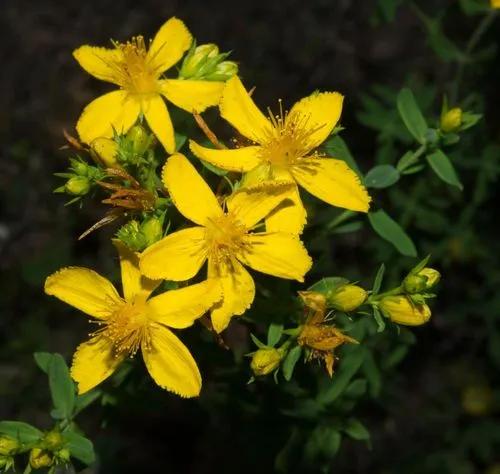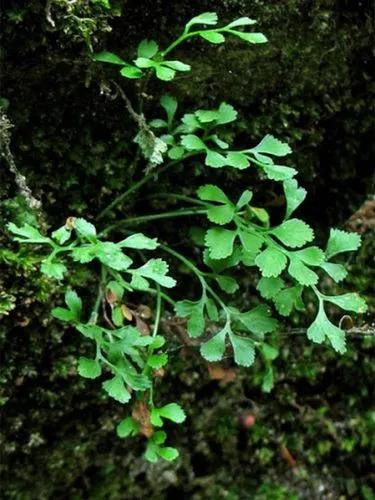Alfalfa originated in southwestern Asia, was first cultivated in Iran,and now has a worldwide distribution due to its popularity as an agricultural species. It was introduced into the United States in 1736 in Georgia, but it was not until around 1850 that it began to be more widely planted. It is planted in all 50 states and is widely planted in Canada. It is naturalized in many areas
Alfalfa Care
Medicago Sativa



How to Care for the Plant

Water

It prefers dry or moist soil and can tolerate drought.

Sunlight

It cannot grow in the shade.

Soil

Suitable for: light (sandy), medium (loamy) and heavy (clay) soils, prefers well-drained soil and can grow in nutritionally poor soil. Suitable pH: acid, neutral and basic (alkaline) soils.

Temperature

It is hardy to zone (UK) 5.

Additional

The plant contains saponin-like substances. Eating large quantities of the leaves may cause the breakdown of red blood cells. However, although they are potentially harmful, saponins are poorly absorbed by the human body and so most pass through without harm. Saponins are quite bitter and can be found in many common foods such as some beans. Thorough cooking, and perhaps changing the cooking water once, will normally remove most of them from the food. Saponins are much more toxic to some creatures, such as fish, and hunting tribes have traditionally put large quantities of them in streams, lakes etc in order to stupefy or kill the fish[K]. Alfalfa sprouts (and especially the seeds) contain canavanine. Recent reports suggest that ingestion of this substance can cause the recurrence of systemic lupus erythematosus (an ulcerous disease of the skin) in patients where the disease had become dormant[222]. The FDA advises that children, the elderly and people with compromised immune systems should avoid eating alfalfa sprouts due to bacterial contamination. Avoid during pregnancy and lactation. Avoid for people with hormone sensitive cancer. Avoid for people with gout (due to purines). Possible antagonize the anticoagulant effect of warfarin (due to vit K) and interfere with the immunosuppressant effect of corticosteroids

Popularity

627 people already have this plant 112 people have added this plant to their wishlists
Discover more plants with the list below
Related articles






